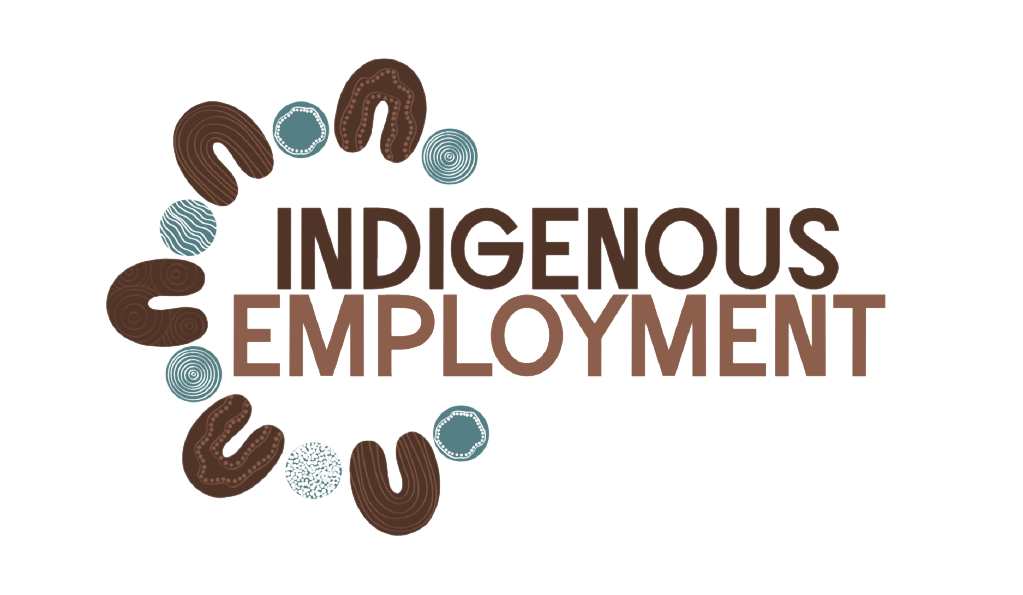
Creating a happy and engaged workforce isn’t just a nice-to-have—it’s a critical driver of productivity, retention, and overall business success. Recent insights into workplace trends highlight the growing need for better pay, flexibility, mental health support, and career development as key priorities for employees in Australia and beyond.
Employee satisfaction isn’t just about morale—it has a direct impact on an organisation’s success.
Workplaces that prioritise employee wellbeing are more likely to see increased engagement, loyalty, and resilience in an ever-changing job market. Companies that invest in workplace happiness don’t just create positive environments; they also experience greater commercial success.
A global shift towards flexible work arrangements has reshaped how employees approach their careers. In Australia, the demand for flexibility continues to rise, with many workers prioritising remote and hybrid work options.
Interestingly, while flexibility often refers to remote work, it also encompasses varied working hours and autonomy over schedules. Recent data shows that Australian employees score lower in satisfaction with their working hours compared to other countries, with only 73% reporting contentment in this area. The daily commute remains a major concern, with employees highlighting the need for reduced travel time to improve their work-life balance.
Women, in particular, are leading the charge for flexible work, with 64% of those surveyed indicating that flexibility is essential for job satisfaction. This demand is especially prominent in sectors such as healthcare and social services, where work-life balance is a key factor in employee wellbeing.
Empowerment in the Workplace
With flexibility comes empowerment. Employees who have autonomy over their tasks and schedules report higher levels of job satisfaction and workplace engagement.
In Australia, workplace empowerment is ranked highly, with employees scoring 73%—just 1% below the global average. This demonstrates that many Australian workers feel trusted and valued in their roles, which contributes to a positive and productive work environment.
Fair Pay and Employee Satisfaction
While workplace culture plays a crucial role in employee happiness, fair compensation remains a fundamental factor. In Australia, a notable gap exists between overall job satisfaction (71%) and pay satisfaction (69%), highlighting the need for more attention to equitable pay structures.
Pay satisfaction is particularly important in the context of the rising cost of living, making it essential for organisations to ensure that employees feel fairly compensated for their contributions. Addressing this gap will be crucial for businesses looking to attract and retain top talent.
Mental Health and Workplace Purpose
Mental health is emerging as a top concern for Australian employees, particularly among younger workers aged 25-34. Nearly half of respondents in this age group identified mental health as a key priority, signalling the need for workplaces to implement proactive wellbeing initiatives.
A strong sense of purpose at work also contributes to employee happiness. When employees feel that their work is meaningful and aligned with their values, they are more likely to be engaged, motivated, and productive.
The Future of Work in Australia
As workplace expectations continue to evolve, organisations must adapt to meet the changing needs of employees. Prioritising flexibility, fair pay, mental health support, and career development will be essential in fostering a motivated and high-performing workforce.
By focusing on employee happiness, Australian businesses can create thriving workplaces where individuals feel valued, empowered, and inspired to do their best work.
